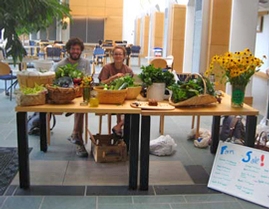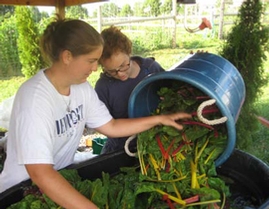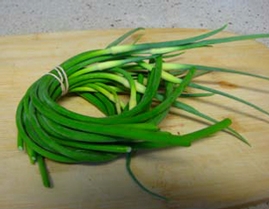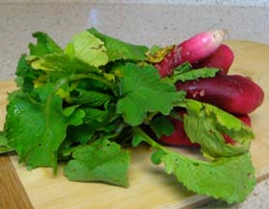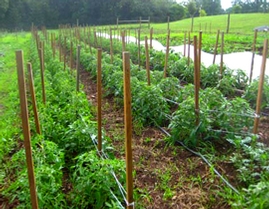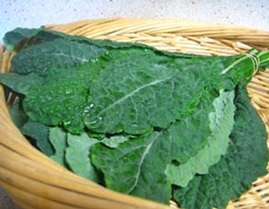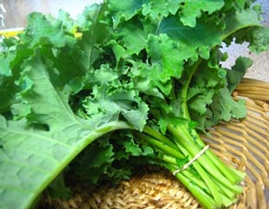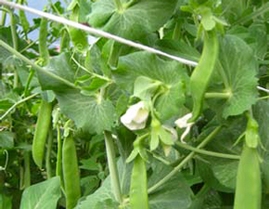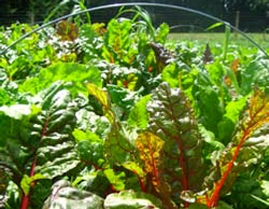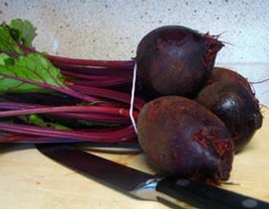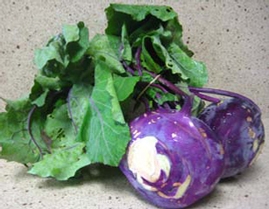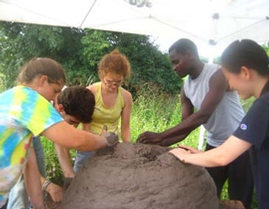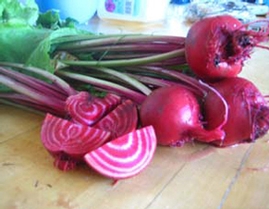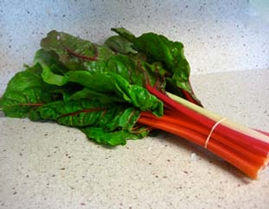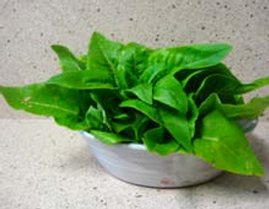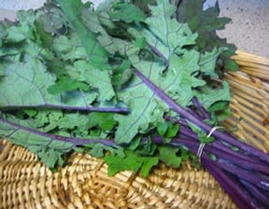Tool Use
Compost
As of now, there is no formal compost system in place, but organic matter from the garden is composted, and composted horse manure has been used at the beginning of past seasons as fertilizer. The management of the compost heap can be a success, by following a few basic principles.
- Turn the compost frequently. For organic matter to compost properly, it requires exposure to air. If more and more matter is thrown on to the top of the pile without exposing what is underneath to air, it will not break down properly or completely, but will instead begin to rot. Using a pitchfork, move the pile to a new location every few weeks, there by exposing new areas of the compost.
- A mixture of ingredients makes the best compost. Instead of compositing purely food waste or purely leaves and grass clippings, or purely garden waste, a successful compost heap wil incorporate all of these elements. Any food that does not contain meat or dairy can be composted, including eggshells. Keep a compost bin in the kitchen over the summer, and encourage other summer residence and individual plotters to do the same. Compost from the CoOp’s compost pile in the grove of trees in between the CoOp and the turf field can also be mixed in to enrich the mixture. In the past, physical plant has given HCCF the leaves from around campus in the fall, which should be incorporated into the compost from the summer as they come in. All weeds, undesirable produce, and other garden waist make up the majority of the compost. Larger waste such as Brussels sprout stalks, will take a very long time to break down, and can be broken up or shredded to speed up the process.
- In addition to being a better solution for waste than ending up in a landfill, the HCCF compost is also an excellent source of rich fertilizer for the garden. Spread a generous layer over the whole garden at the beginning of the season and incorporate it as the soil is turned. The compost can be supplemented with composted horse manure from a local farm. Contact Joe Plado to find a good source for this manure. There are several farmers who are eager to get rid of the waste, therefore the manure can be obtained without cost.




